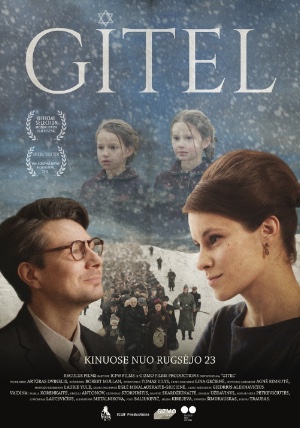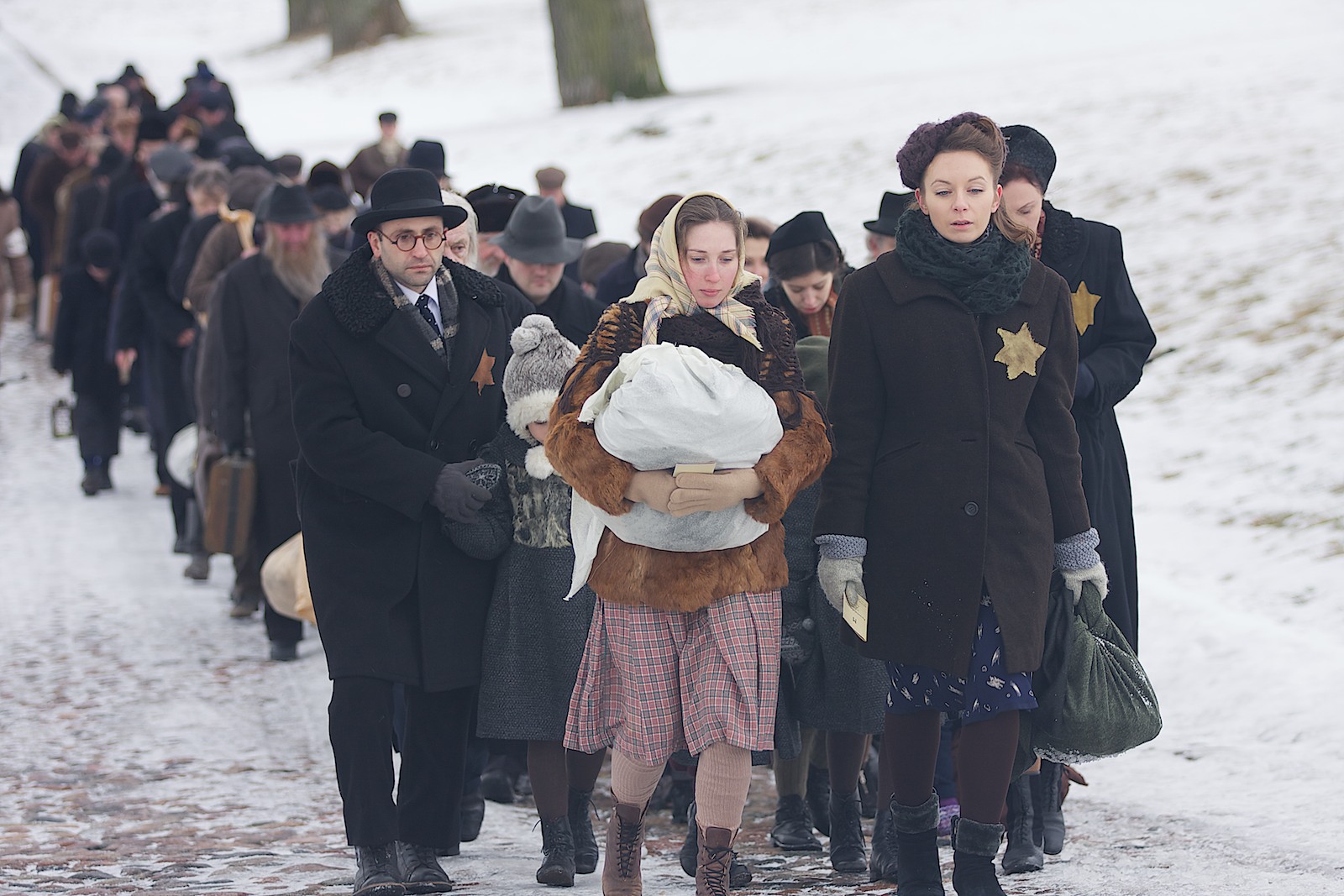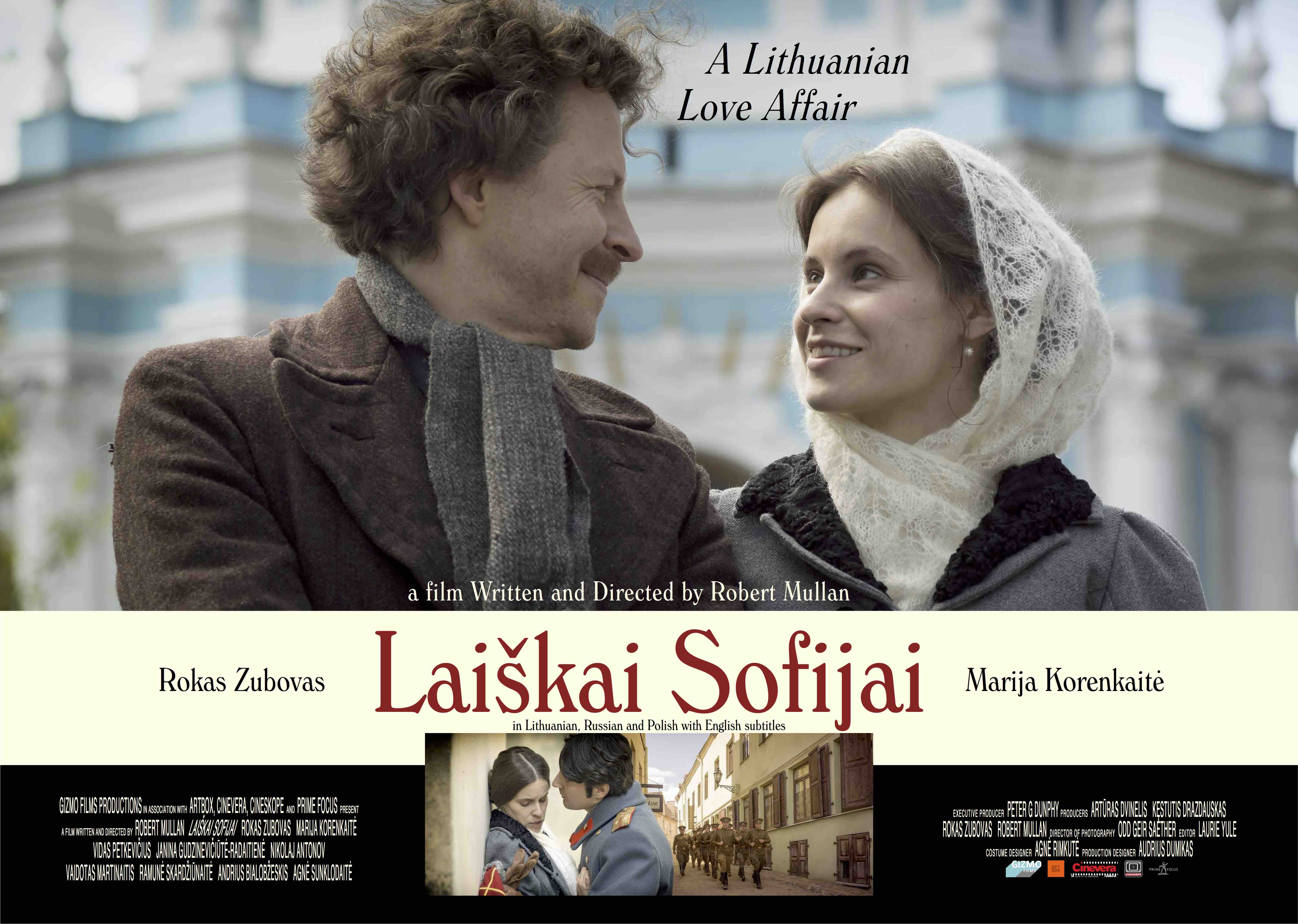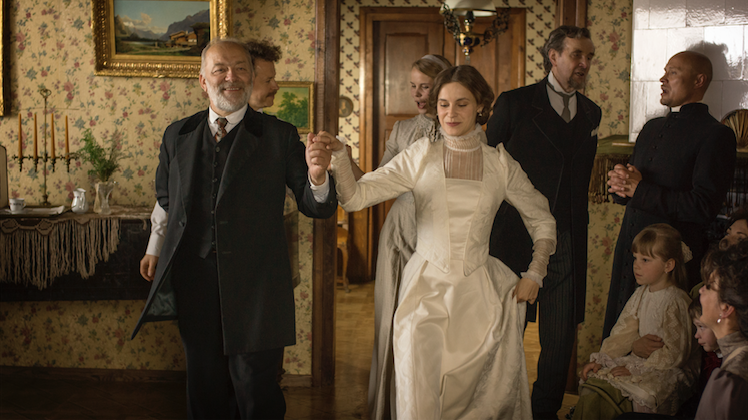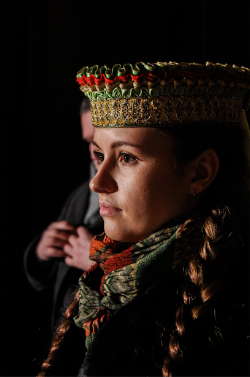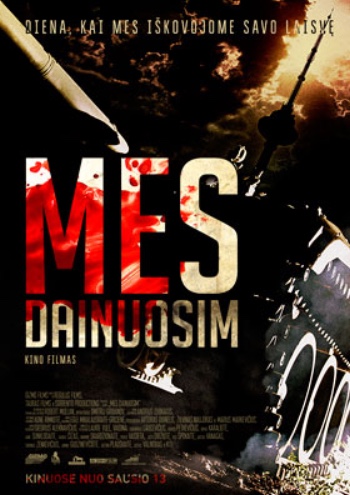Baltic Trilogy
Gitel
5th September 1969, and Gitel Bargman is about to attend a party to celebrate her 33rd birthday - although for her it is hardly cause for celebration. She is racked with guilt for simply being alive. Attractive, intelligent and witty, Gitel is a successful violinist who lives in a Kuybyshev (USSR) apartment. To the outsider, she has everything. But Gitel hides a secret. She's a haunted woman: haunted not only by painful memories of the past, but also by the ghosts of her two sisters who died when she, by a mere quirk of fate, survived. And because she lives in the past, Gitel cannot embrace her future.
Contact: Sisyphus Films
Letters to Sofija (Laiškai Sofija)
Based on a true story, the film tells of the love affair
between a Lithuanian genius Mikalojus Konstantinas Čiurlionis and Sofija Kymantaitė, the woman he adored. He was both a fine artist and composer, but remained misunderstood and poor. Only his journalist wife, Sofija, understood and cared. The score is performed by the Lithuanian Philharmonic Orchestra, and the compelling lead actors are Rokas Zubovas and Marija Korenkaitė.
Contact: Sisyphus Films
We Will Sing (Mes Dainuosim)
On January 12, 1991, Lithuania braced itself for an attack by the Soviet Union. This film tells some of that story.
A group of people -students, an elderly couple, a violinist searching
for her husband (taken by the KGB), anxious parents, a priest and others- find
themselves in the same place, on the evening of January 12, 1991. They are
defending their newly established freedom against the Soviet occupiers and position themselves at the Television Tower where the Soviet troops are trying
to wrest control of communications (under the orders of Mikhail Gorbachev). The
protesters are unarmed. They sing hymns and folk songs. But soon the tanks and
troops advance and threaten the singing protesters.
Contact: Sisyphus Films

